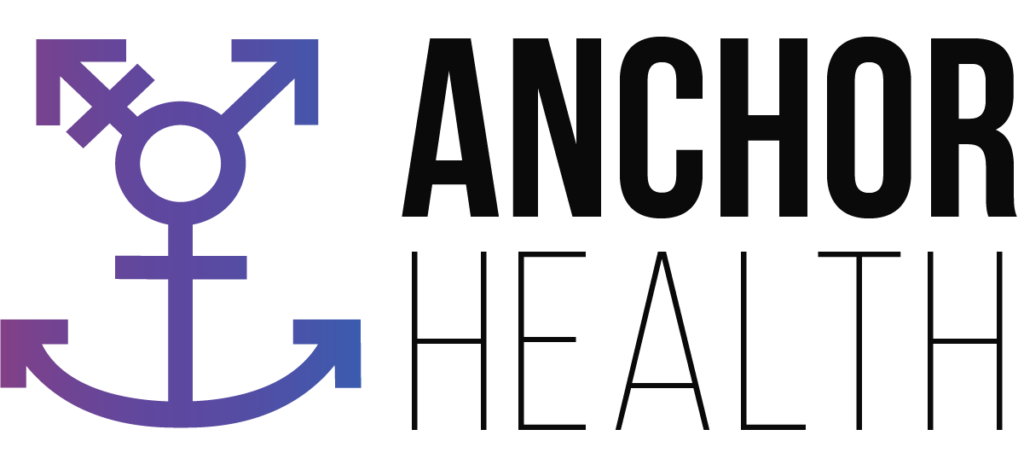safeguarding your privacy
Effective January 2022
This page describes how medical information about you may be used and disclosed by Anchor Health and how you can get access to this information.
Your Rights
When it comes to your health information, you have certain rights. This section explains your rights and some of our responsibilities to help you. You have the right to:
Obtain an electronic or paper copy of your medical record. You can ask to see or get an electronic or paper copy of your medical record and other health information we have about you. Your request must be in writing and you can ask us for a request form. Anchor Health or its third-party medical records vendor will provide a copy of your requested health information, usually within 30 days of your request. You will be charged a reasonable, cost-based fee as permitted by law. Information regarding applicable charges will be made available at our offices.
Ask us to correct your medical record. You can ask us to correct health information about you that you think is incorrect or incomplete. Your request for a correction must be in writing and state the reason for the correction, and you can ask us for a request form. We may say “no” to your request, but we will tell you why in writing and explain how to submit a written statement of disagreement to our response, usually within 60 days.
Request confidential communications. You can ask us to contact you in a specific way (for example, home or office phone) or to send mail to a different address. Your request must be in writing and you can ask us for a request form. We will say “yes” to all reasonable requests.
Ask us to limit what we use or share. You can ask us not to use or share certain health information for treatment, payment, or our operations or with your family, close friends and others involved in your care. We are not required to agree to your request, and we may say “no” if it would affect your care. However, if you pay for a service or health care item out-of-pocket in full and you can ask us not to share that information with your health insurer for purposes of our payment or our operations, we must say “yes” unless a law requires us to share that information.
Get a list of those with whom we’ve shared information. You can ask for a list (an accounting) of the times we’ve shared your health information for up to 6 years prior to the date you ask, who we shared it with, and why. We will include all the disclosures except for those about treatment, payment, and health care operations, and certain other disclosures (such as any you authorized us to make) that we are not required to include in an accounting by law. We’ll provide one accounting a year for free but may charge a reasonable, cost-based fee if you ask for another one within 12 months.
Get a copy of this privacy Notice. You can ask for a paper copy of this Notice at any time, even if you have agreed to receive the Notice electronically. We will provide you with a paper copy promptly.
Choose someone to act for you. If you have given someone medical power of attorney or if someone is your legal guardian, that person can exercise your rights and make choices about your health information. We will make sure the person has this authority and can act for you before we take any action.
File a complaint if you feel your rights are violated. You can complain if you feel we have violated your rights by contacting us using the information at the end of this Notice. You can file a complaint with the U.S. Department of Health and Human Services (HHS) Office for Civil Rights by sending a letter to 200 Independence Ave, S.W., Washington, D.C. 20201; calling 1-877-696-6775; or visiting the HHS website. We will not retaliate against you for filing a complaint.
Your Choices
For certain health information, you can tell us your choices about what we share. If you have a clear preference for how we share your information in the situations described below, talk to us. Tell us what you want us to do, and we will follow your instructions.
In these cases, you have both the right and choice to tell us to:
- Share information with your family, close friends, or others involved in your care
- Share information in a disaster relief situation
- Include your information in a hospital directory (although, we do not maintain such a directory)
If you are not able to tell us your preference—for example, if you are unconscious—we may go ahead and share your information if we believe it is in your best interest. We may also share your information when needed to lessen a serious and imminent threat to health or safety.
In these cases, we never share your information unless you give us written permission:
- Marketing purposes
- Sale of your information
- Most sharing of psychotherapy notes
In the case of fundraising: We may contact you for fundraising efforts, but you can tell us not to contact you again.
Our Responsibilities
We are required by law to maintain the privacy and security of your protected health information. We will let you know promptly if a breach occurs that may have compromised the privacy or security of your information. We must follow the duties and privacy practices described in this Notice and give you a copy of it. We will not use or share your information other than as described herein unless you tell us we can in writing. If you tell us we can, you may change your mind at any time. Let us know in writing if you change your mind.
For more information regarding HIPAA and your rights, please visit the HHS website.
Our Uses and Disclosures
We typically use or share your health information in the following ways (all subject to the Special Rules listed later in this Notice).
Treat you. We can use your health information and share it with other professionals who are treating you.
Examples: A provider treating you for a medical or mental health issue asks us about related care you receive at Anchor Health or one of our providers has a need to consult with another specialist about your care at Anchor Health.
Run our organization. We can use and share your health information to run our programs, improve your care, and contact you when necessary.
Example: We use health information about you to manage your treatment and services.
Bill for your services. We can use and share your health information to bill and get payment from health plans or other entities.
Example: We give information about you to your health insurance plan so it will pay for the services you receive from Anchor Health.
We are allowed or required to share your information in other ways, usually in ways that contribute to the public good, such as public health and research. We have to meet many conditions in the law before we can share your information for these purposes. For more information, please visit the HHS website.
Respond to lawsuits and legal actions. We can share health information about you in response to a court or administrative order, or in response to a subpoena.
Comply with the law. We will share information about you if state or federal laws require it, including with the Department of Health and Human Services if it wants to see that we’re complying with federal privacy law.
Help with public health and safety issues. We can share health information about you for certain situations such as:
- Preventing disease
- Reporting adverse reactions to medications
- Assisting with product recalls
- Reporting suspected abuse, neglect, or domestic violence
- Preventing or reducing a serious threat to anyone’s health or safety
Address workers’ compensation, law enforcement, and other government requests. We can use or share health information about you:
- For workers’ compensation claims
- For law enforcement purposes or with a law enforcement official
- With health oversight agencies for activities authorized by law
- For special government functions such as military, national security, and presidential protective services
Respond to organ and tissue donation requests. We can share health information about you with organ procurement organizations.
Work with a medical examiner or funeral director. We can share health information with a coroner, medical examiner, or funeral director when an individual dies.
Do research. We can use or share your information for health research.
Communications with Business Associates. We can share health information about you with a person or entity that performs certain functions or activities that involve the use or disclosure of protected health information on behalf of Anchor Health.
Special Rules for Certain Types of Information and Minors
HIV-related information. We may disclose HIV-related information only as permitted or required by Connecticut law. These laws require your consent for most disclosures of HIV-related information, with certain exceptions. For example, your HIV-related protected health information, if any, may be disclosed in the event of a significant exposure to HIV-infection to Anchor Health personnel or to a known partner. Any use and disclosure for such purposes will be to someone able to reduce the outcome of the exposure and limited in accordance with Connecticut and federal law.
Substance use disorder treatment information. The confidentiality of your substance use disorder patient records is protected by federal law and regulations. While we do not provide substance use disorder treatment, we may, in the course of providing services to you, obtain copies of medical records or other information from your substance use disorder treatment provider. In some circumstances, we may be prohibited from further sharing those records or information without your consent. For more information, see 42 U.S.C. §290dd-2 for the federal statute and 42 C.F.R. Part 2 for federal regulations.
Minors. We will comply with Connecticut law when using or disclosing protected health information of minors. For example, if you are an unemancipated minor consenting to a health care service related to HIV/AIDS, sexually transmitted diseases, abortion, or alcohol/drug dependence, and you have not requested that another person be treated as a personal representative, you may have the authority to consent to the use and disclosure of your health information.
Contact and Other Important Information
Effective Date; Changes to the Terms of This Notice. The effective date of this Notice is January 1, 2022. We can change the terms of this Notice, and the changes will apply to all information we have about you, including information previously created, received, or maintained by us. The new Notice will be available upon request, in each of our offices, and on our website.
Assistance and Further Information. If you have questions or require assistance with exercising any of your rights or choices, please contact Anchor Health’s Compliance & Privacy Officer by calling 203-903-8308, faxing 203-599-3927, emailing, or submitting a patient grievance. You may also contact us for assistance.

